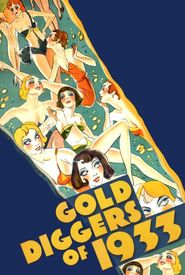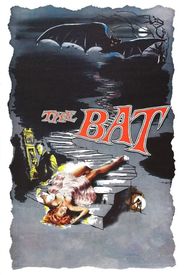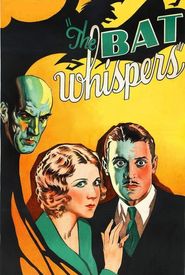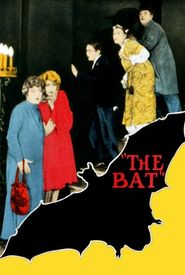American playwright, many of whose plays were successfully adapted into films, emerged as the leading figure of early twentieth-century light comedy and farce, and one of the most commercially successful playwrights of his era. Born in Cleveland, Ohio, he graduated from the University of Michigan, which would later benefit from his substantial estate.
He began his career as a journalist for a Cleveland newspaper, serving as its New York correspondent, but within a year, he had one of his plays, "Clothes," produced on Broadway. This marked the beginning of a string of hits, written either solely or in collaboration, including "Getting Gertie's Garter," "The Bat," and "Seven Days." His plays were considered extremely risqué during his time, with one of them, "The Demi-Virgin," featuring suggestive subject matter and near-nude actresses, leading to a Supreme Court determination over its alleged obscenity. The court ultimately ruled in his favor.
His Prohibition-era plays, which depicted flappers, bathtub gin, and jazz, were iconic for his generation. His personal life was also reflected in aspects of his plays, including his struggles with addiction to drugs and alcohol, as well as his secretive homosexuality. Despite earning millions of dollars annually in royalties, he was known for being a tightwad.
A self-proclaimed aficionado of nightlife, he died under somewhat mysterious circumstances while vacationing on the Riviera. Although it was officially ruled that he drowned, the discovery of bruises on his body and the simultaneous presence of an angry ex-lover who had reportedly threatened him have kept speculation alive.
In his honor, the University of Michigan established the Hopwood Prize, providing funds and education for many future leading lights of the American theatre.




















